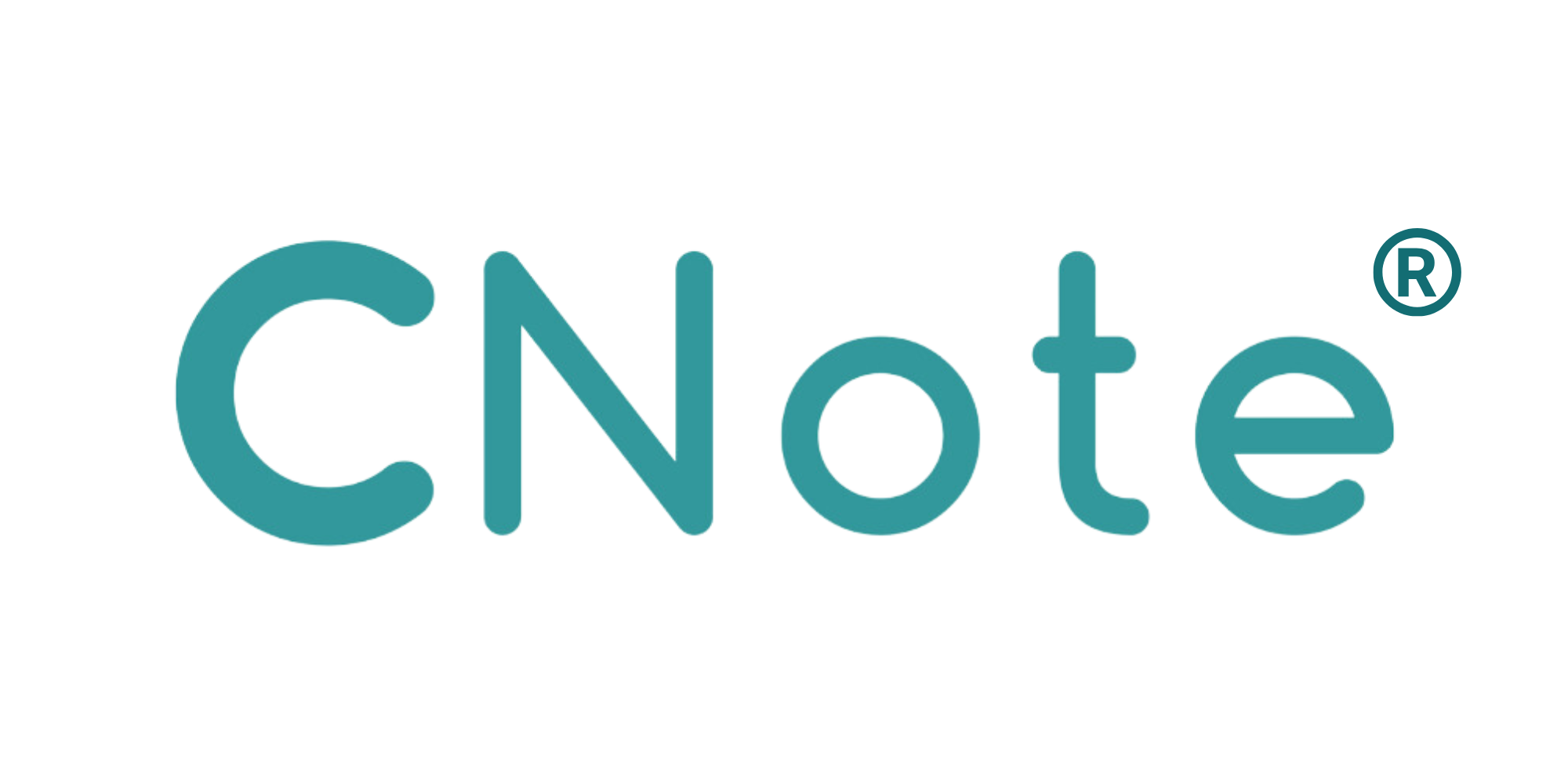In the dynamic world of corporate finance, treasurers are continually seeking secure and high-yield deposit options. Among these, credit unions stand out for offering some of the most competitive rates available. This article delves into the benefits of including credit unions in your corporate financial strategy and presents compelling reasons why they should be a key consideration for diversifying your deposits.
Addressing Risk and Scalability
For corporate treasurers, the primary concerns with any financial institution are risk and scalability. Credit unions are not riskier than traditional banks. Deposits in federally insured credit unions are protected up to $250,000 per credit union by the National Credit Union Share Insurance Fund (NCUSIF), similar to the FDIC insurance for banks. This ensures that your funds are secure and backed by the full faith and credit of the United States government.
Understanding Credit Unions
Credit unions are member-owned financial cooperatives that operate on a not-for-profit basis. This structure allows credit unions to reinvest their profits back into their members, often resulting in more favorable rates on savings deposits. As Dr. Cherry notes, “On average, credit unions pay higher interest rates on savings deposits than traditional banks due to their non-profit structure, which allows them to pass on profits to members in the form of better rates on high-yield savings and CDs”.
As of 2023, credit unions in the United States had a combined total asset value of over $2 trillion and a net worth ratio of 11.5%, well above the National Credit Union Administration’s (NCUA) 7% threshold for being well-capitalized. Additionally, the delinquency rate for loans at credit unions was just 0.59% in 2023, highlighting their strong credit risk management practices.
For corporate treasurers looking to diversify their financial partners, many credit unions offer robust capacity to handle significant deposits while still maintaining the benefits of lower risk. While it’s true that NCUSIF insurance limits encourage treasurers to keep individual deposits below $250,000, working with a diversified portfolio of credit unions can still provide a safe, high-yield solution, particularly through platforms like CNote, which partners with a range of credit unions to distribute deposits effectively across multiple institutions.
Diversification of Financial Partners
For corporate treasurers, diversification is a key strategy in managing risk. Including credit unions in a treasury financial strategy allows it to diversify its deposit portfolio across different types of financial institutions. This not only spreads risk but also enables treasurers to take advantage of the best rates and terms available in the market.
Higher Deposit Rates
Credit unions are known for providing some of the most competitive deposit rates in the market, making them an appealing choice for individuals aiming to grow their savings. Many credit unions offer rates on 1-year certificates of deposit (CDs) that are often higher than those available at traditional banks. This advantage stems from the not-for-profit nature of credit unions, which allows them to reinvest earnings directly back into their members, often resulting in more favorable interest rates on savings products.
Lower Fees and Better Service
Credit unions are known for their cost-effective approach to financial services, often resulting in lower fees for their members. This is largely due to their not-for-profit structure, which prioritizes member benefits over generating profits for shareholders. While specific fee structures may vary depending on the services utilized, credit unions’ commitment to keeping costs low can be particularly advantageous for corporate treasurers focused on maximizing returns. Moreover, credit unions are often praised for their personalized customer service, which is rooted in their member-focused approach. This can translate into a more tailored and responsive banking experience for corporate clients.
Community Focus and Social Responsibility
Investing with credit unions also aligns with the growing corporate trend towards social responsibility and community investment. Credit unions are deeply rooted in their local communities and often engage in activities that support community development. By depositing funds in a credit union, corporate treasurers can contribute to these positive initiatives, enhancing their company’s reputation for social responsibility.
Real-World Impact: Garden Island Gymnastics
Credit unions’ commitment to their members and communities is exemplified by success stories like that of Garden Island Gymnastics. Located in Hawaii, this small business was able to secure much-needed funding through a credit union whom CNote partners with. This funding allowed Garden Island Gymnastics to expand its facilities and continue serving its local community, demonstrating how credit unions can play a vital role in supporting businesses of all sizes.
This example highlights how credit unions, with their member-first focus and community-oriented approach, can provide tailored financial solutions that directly contribute to the growth and success of businesses. By partnering with platforms like CNote, corporate treasurers can tap into these benefits, knowing their deposits are making a positive impact.
Conclusion
In a financial environment where every basis point counts, corporate treasurers should not overlook the benefits of credit unions. Their member-focused, not-for-profit model consistently delivers higher deposit rates, lower fees, and superior service. Coupled with their commitment to community development and the safety of federally insured deposits, credit unions present a compelling option for corporate treasurers looking to optimize their deposit strategy. By considering credit unions, corporate treasurers can not only enhance their financial returns but also support socially responsible and community-focused financial practices.
By incorporating credit unions into your company’s financial strategy, you can achieve a balanced approach that maximizes returns while contributing to positive community impact.
Disclosure: This information should not be relied upon as research, investment or financial advice, or a recommendation regarding any products, strategies, or any security in particular. This material is strictly for illustrative, educational, or informational purposes and is subject to change. Investing involves risks, including possible loss of principal. The information does not purport to provide any legal, tax or accounting advice.


